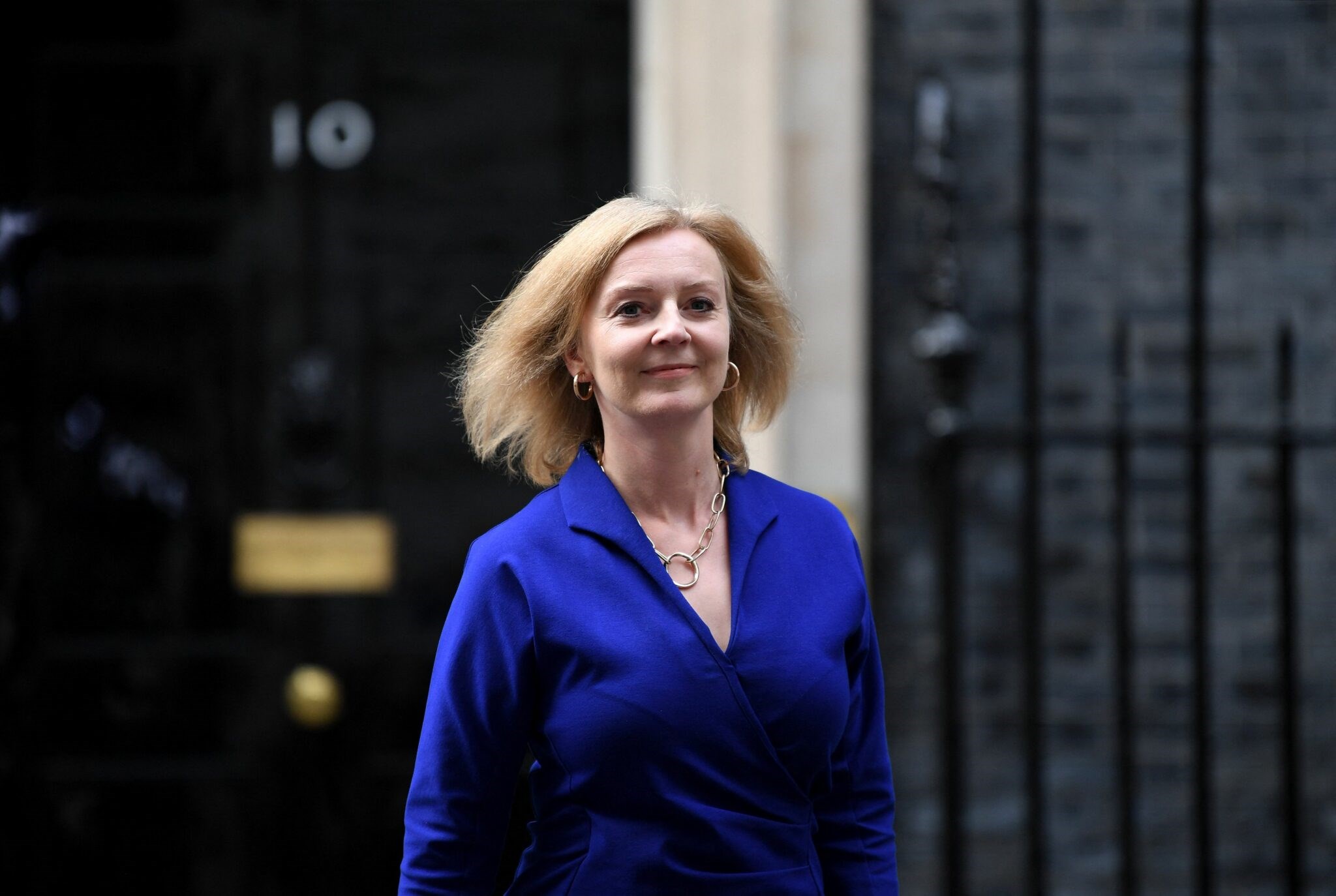Biden jabs at 'trickle-down economics', Truss reveals UK tax cut plans
In addition to overturning a one-year moratorium on green energy taxes and promising tax cuts totaling £30 billion ($34 billion), Liz Truss is considering temporarily lowering the VAT by 5%.
-

Britain's newly appointed Britain's Foreign Secretary Liz Truss on 15 September, 2021. (AFP via Getty/ DANIEL LEAL-OLIVAS).
Prior to their future meeting at the UN General Assembly in New York, US President Joe Biden and UK Prime Minister Liz Truss argued over economic strategy.
"Truss told Sky News on Tuesday that her own tax-cutting plans will initially benefit the rich more than the rest of Britain, arguing that the country’s economic growth would “benefit everybody” at the end of the day."
She said she doesn’t “accept this argument that cutting taxes is somehow unfair,” adding, “I mean, what we know is that people on higher incomes generally pay more tax; so when you reduce taxes, there is often a disproportionate benefit because those people are paying more taxes in the first place.”
The British PM also verified rumors that Kwasi Kwarteng, the country's chancellor, will remove restrictions on bankers' bonuses in the City of London, a move that had previously drawn criticism from lawmakers and labor groups.
“We haven't had enough capital investment and yet we have one of the world's best financial services centers. So what I want to see is that money in the City of London put to good use across our country - and yes, I'm prepared to do what it takes to get that money flown,” Truss said.
Read next: Truss freezes energy bills for 2 years, costs government £150 billion
Following this, Biden appeared to poke fun at the UK PM's comments by criticizing the economic idea that lowering taxes for corporations and the wealthy will result in benefits "trickle down" to lower-paid people.
“I am sick and tired of trickle-down economics. It has never worked. We're building an economy from the bottom up and middle out,” he tweeted later on Tuesday.
I am sick and tired of trickle-down economics. It has never worked.
— President Biden (@POTUS) September 20, 2022
We're building an economy from the bottom up and middle out.
Truss’ spokesperson, however, pointed out that “any suggestion that it’s in some way a direct criticism of UK policy would be ludicrous.” According to the spokesperson, “No two countries’ economies are structured in the same way – each have unique challenges.”
When they meet on the fringes of the UN General Assembly on Wednesday, Truss and Biden are anticipated to discuss the economy, the energy situation, and the Northern Ireland Protocol (NIP).
Read next: Truss losing to Starmer in tax-cutting policy catastrophe
In response to worries in Washington over Truss' legislative proposal to give UK ministers the authority to renege on the NIP, the White House had indicated that the US President would oppose any unilateral attempt by the British PM to rip up the pact.
Part of the Brexit trade deal, the NIP keeps Northern Ireland (in the UK) aligned with the EU single market for goods, thus dodging a hard border with the Republic of Ireland (which is in the EU).
The compromise was designed to protect a crucial element of the 1998 Good Friday peace agreement, which ended years of violence in Northern Ireland. Unionist MPs have criticized the protocol for putting distance between their community and the rest of the UK and for requiring some new inspections on products traveling between Great Britain and Northern Ireland.
Ahead of the Biden-Truss meeting, the White House also played down the chances of a US-UK post-Brexit free trade deal anytime soon, saying that they “take a long time to negotiate.”
Truss repeated this and stated categorically that the UK and US trade talks will not resume for a number of years. “I don’t have an expectation that those are going to start in the short to medium term,” she added.
Read next: US Federal Reserve to raise interest rates, recession fears heighten

 4 Min Read
4 Min Read










